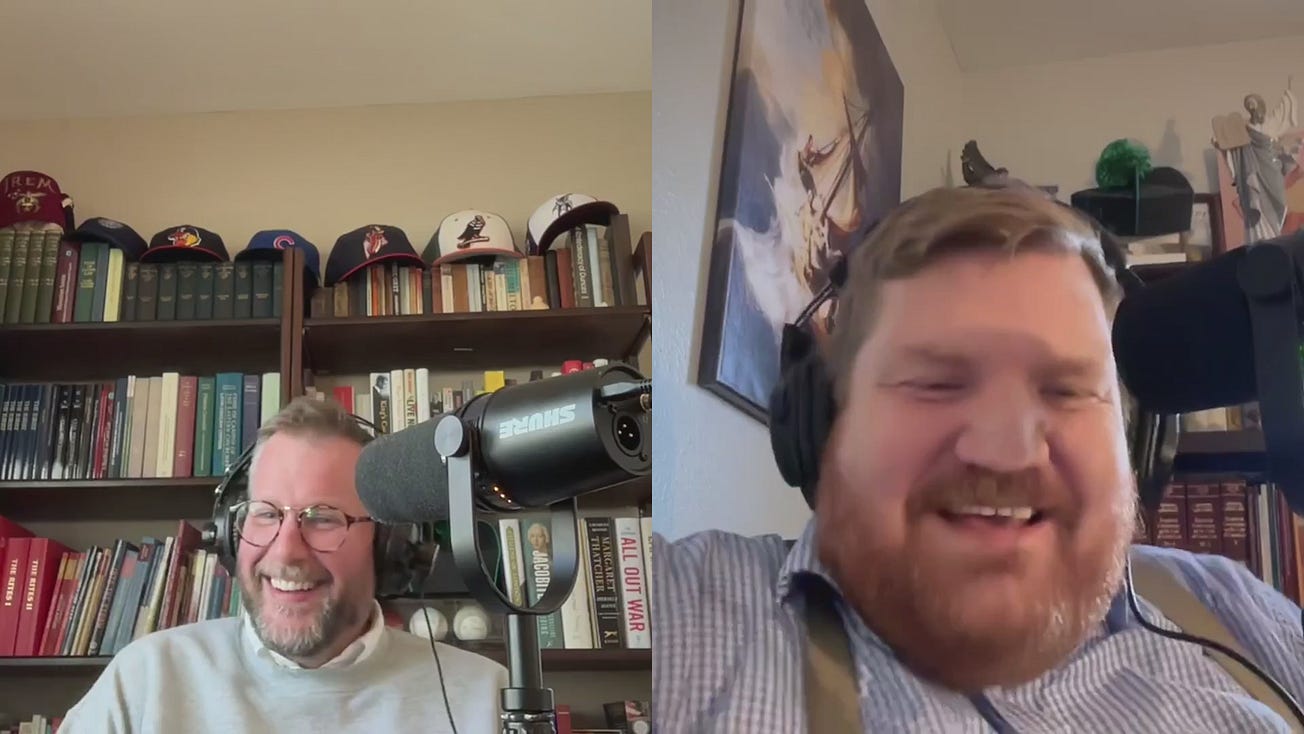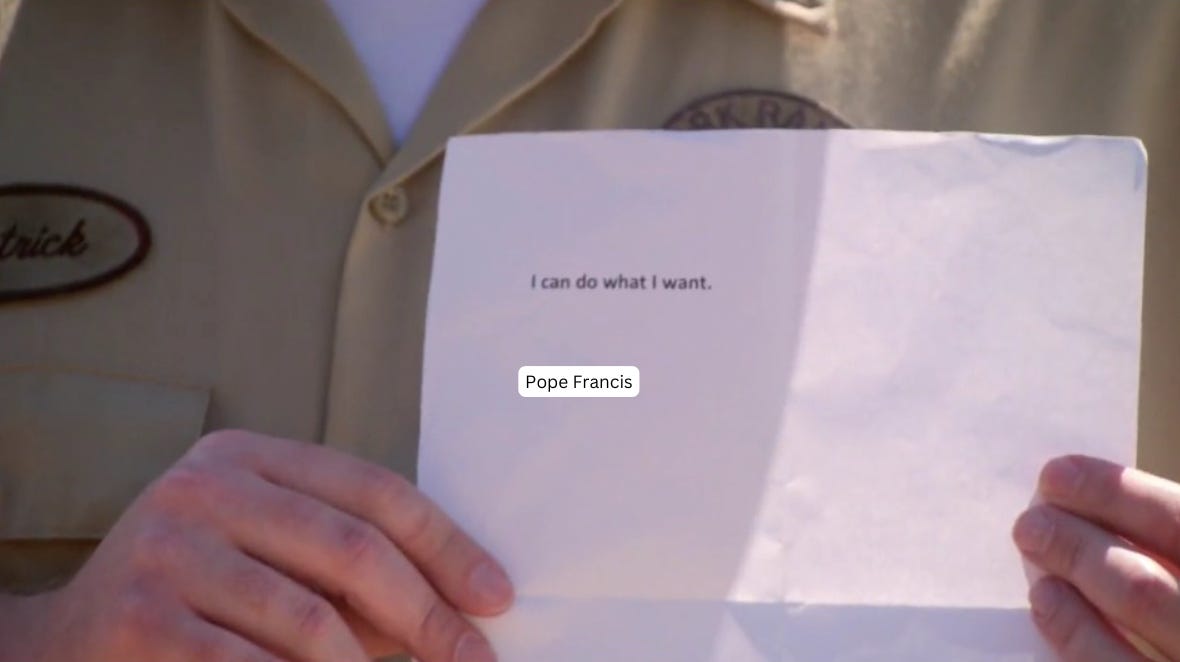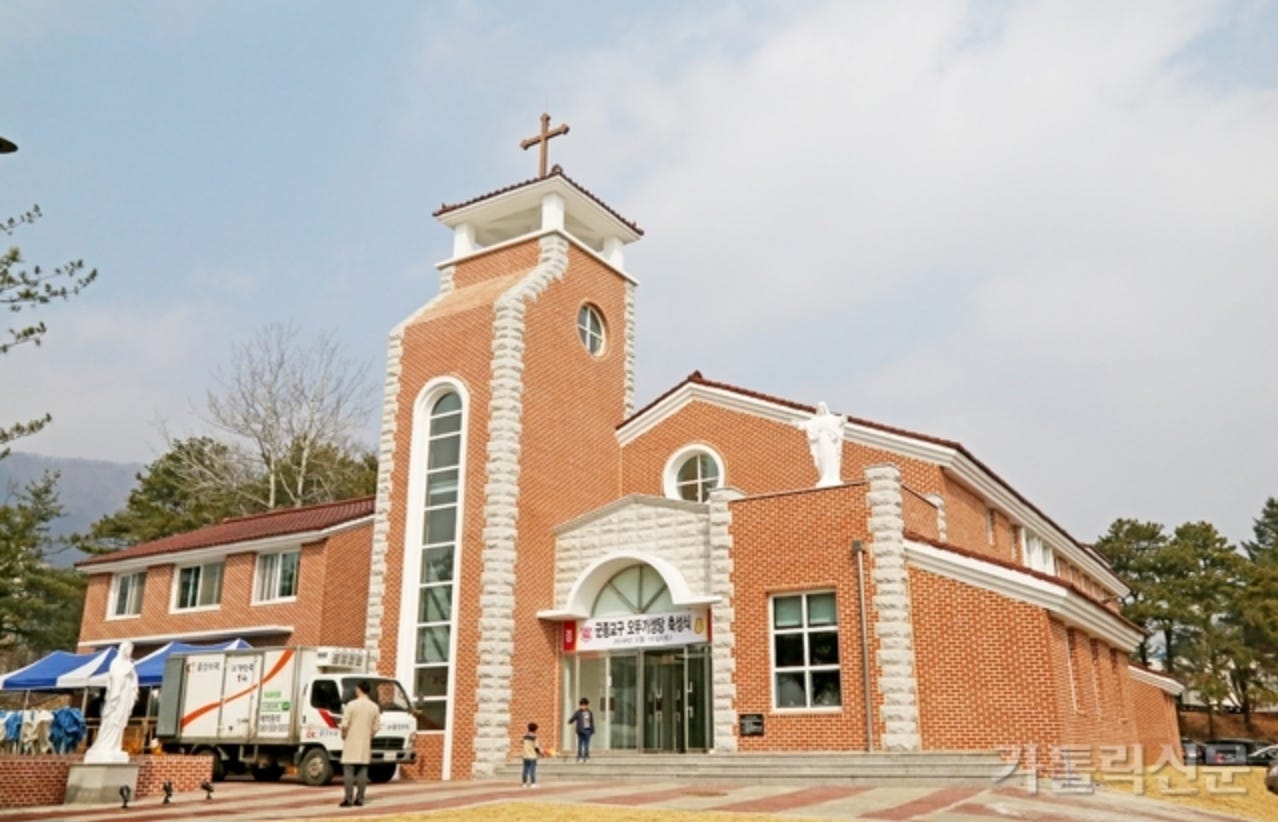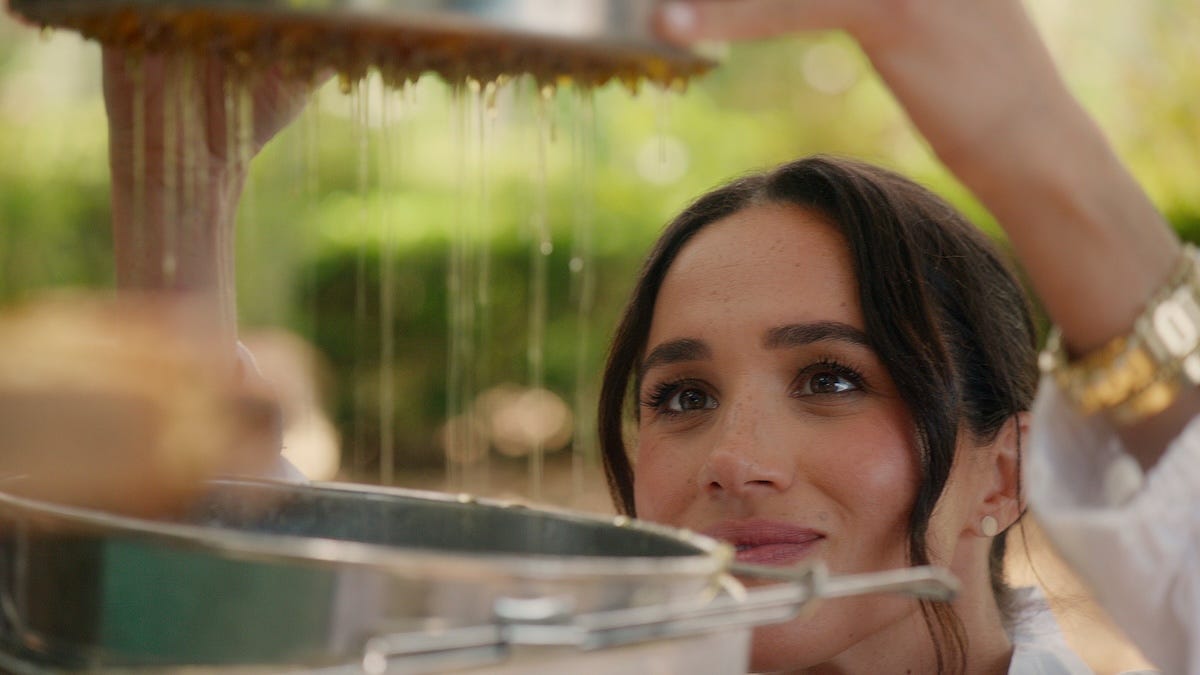Amid the Russian invasion of Ukraine, which began almost two months ago, some priests have said rifts amid the Orthodox dioceses subject to Moscow’s governance have become a “crisis.”
Tension between Orthodox leaders could eventually lead to a formal ecclesiastical split between Kyiv and Moscow, and some Orthodox priests in Ukraine say that Moscow’s Patriarch Kirill should be tried for heresy by a council of Orthodox patriarchs.
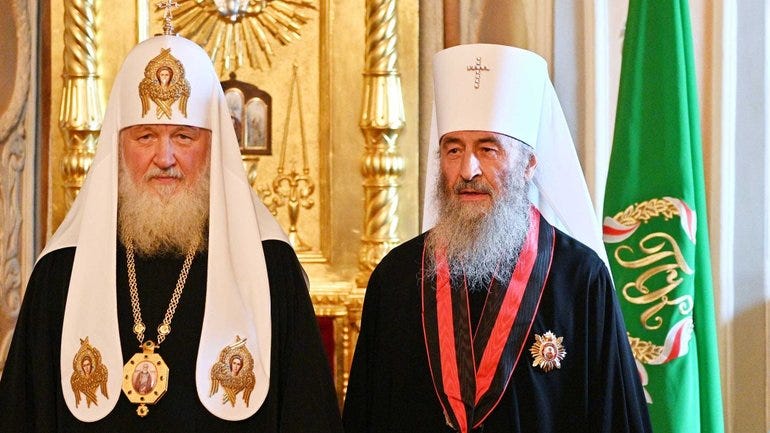
But an Orthodox split between Moscow and Kyiv could lead to competing claims of an independent Ukrainian Orthodox hierarchy, between the bishops who might vote to leave Moscow, and those already recognized in 2019 as independent.
Since Russia’s renewed invasion began in February, 17 of the 43 dioceses of the Ukrainian Orthodox Church of the Moscow Patriarchate (UOC-MP) have stopped mentioning the name of Patriarch Kirill during services — even while the UOC-MP falls under Kirill’s ecclesiastical jurisdiction.
In some western dioceses and the diocese of Sumy in eastern Ukraine, clergy have raised the issue of complete independence, i.e., autocephaly from Moscow.
But while some clergy and dioceses have moved moved forward on their own, the UOC-MP’s leadership has yet not made drastic moves to break with Moscow, and most top-ranking clerics in the UOC-MP’s hierarchy continue to commemorate the Moscow patriarch during liturgies, while urging their priests and flock to adhere to the existing canonical order.
Despite the prevailing silence of the UOC-MP’s episcopate about the future of their Church, discussions on these topics among priests are becoming increasingly heated.
On April 10, Fr. Andrii Pinchuk from the suburbs of Dnipro in eastern Ukraine began collecting signatures of UOC-MP priests, for an appeal that requests the primates of the ancient Orthodox Churches convene an inter-church court over Patriarch Kirill of Moscow’s support for the invasion, which Pinchuk and other signers consider to be heresy.
Fr. Pinchuk told The Pillar that the words and actions of the patriarch suggested that for his flock in Ukraine, the patriarch had ceased to be a father, or even a stepfather, and has instead become an abuser.
“We are convinced that the idea of ‘Russkyi mir’ should be condemned, which is essentially a kind of ethnophiletism, which puts national and political interests above religious ones. This heresy was already condemned in 1872 at the Council of Constantinople. And today, this heresy is preached by the Moscow patriarch. He must be condemned as a heretic and thus isolated from the whole Christian world,” Pinchuk told The Pillar.
As precedent for an inter-Orthox court to judge Kirill, Pinchuk cited the example of Moscow Patriarch Nikon, who was convicted by a council of ancient patriarchs in 1666.
Pinchuk said that some Ukrainian priests have been forced to withdraw their signatures from his petition because of pressure from their bishops.
“But some of the bishops privately expressed their support for the idea,” he added.
When he spoke with The Pillar last week, Pinchuk had collected 410 signatures of priests from almost every diocese of the UOC-MP, but by April 18 there were 430.
Pinchuk said he had initially hoped to collect only 50 signatures on the petition.
Fr. Andrii Kobetiak of Hremiache in the Rivne region is a signatory to the appeal.
Kobetiak told The Pillar it is difficult to predict how successful the effort will be, and that he is not certain a council of Orthodox patriarchs would actuallycondemn Kirill.
But the priest said the process is important, and necessary: “Our appeal does not mean that we have already condemned him.”
“Patriarchs can be judged by a council of bishops of the local Church or a court of ancient patriarchs. It does not mean that he will be convicted. He will have the right to defend himself and present his arguments, but the victory will be if our Appeal is considered.”
Fr. Mykolai Lahodych is a priest of the Orthodox Church of Ukraine, an already existing independent, or autocephalous, Ukrainian Orthodox church, which received formal recognition from the Patriarch of Constantinople and other Orthodox Churches in 2019.
Lahodych, a professor of theology at Chernivtsi National University, praised the petition initiative of the UOC-MP clergy, adding that Orthodox Church doesn't have a clearly defined procedure for such a court: “They appeal to the four ancient patriarchs, but some of the heads of other local churches would also like to take part in such a meeting.”
Fr. Lahodych emphasized that in his view, an investigation into Patriarch Kirill’s support for the Russian invasion is needed: “It is impossible to remain silent, but it is crucial to find the proper procedure.”
While talking about whether Kirill has committed heresy, Orthodox priests in Ukraine have also been discussing the logistics of a possible split between the UOC-MP and Moscow.
The bishops of the UOC-MP are expected discuss the prospect of breaking from Moscow at a council of bishops, which is to take place after the war.
Some expect that the council will appeal to the Moscow Patriarch to grant autocephaly to the UOC-MP; others that bishops will decide to break with Moscow unilaterally.
But the bishops can also freeze the situation for years without proposing any solution to a growing ecclesiastical crisis.
No matter what happens, priests have told The Pillar that it’s not clear what would happen after such a split.
For his part, the head of the autonomous Orthodox Church of Ukraine, Metropolitan Epiphanius, urged UOC-MP parishes to join his Church last month. The OCU was recognized by the Patriarch of Constantinople in 2019 as an autonomous, or autocephelous, Orthodox Church.
As of April 16, about 100 parishes have left the Moscow Patriarchate and joined the OCU. Another parish in Mostyska, Lviv region, announced a break with Moscow, and a plan to join the Patriarchate of Constantinople, with no clear statement on whether it will join the OCU.
But priests say the prospect of seeing most UOC-MP parishes or dioceses simply join the autonomous Orthodox Church of Ukraine is unlikely, and the situation between the Churches is complicated.
Speaking about the future of Ukrainian Orthodoxy, Fr. Kobetiak, who has just finished writing his doctoral dissertation on the issue of autocephaly, sees the Ukrainian Church as unified and independent but emphasizes that he sees no short-term prospect of uniting the UOC-MP and the OCU because, in his opinion, none of them wants to give up its position.
“Metropolitan Epiphanius stands on the position ‘only to us’ It was once the position of the UOC-MP. But our Church has millions of believers, thousands of parishes, and many bishops. If we talked about a new council, about communication on equal terms, perhaps a dialogue could begin. But simply joining the UOC-MP to the OCU is an unrealistic scenario for today," Kobetiak said.
Kobetiak noted that a relatively low number of parishes have left the UOC-MP, and joined the OCU since the war began — evidence, he said, that a wholesale departure of parishes from the UOC-MP to the OCU is not likely.
At the same time, the priest noted that tensions between the two Churches have reduced in recent months. Kobetiak said that before the war, politicians fueled conflicts between the groups. But the political factor receded into the background during the war, he said, and the members of both Churches have helped the Ukrainian army and those affected by the war.
For his part, Fr. Lahodych, of the OCU, believes his Church has no prejudices about unification with the UOC-MP.
But there are reservations about the procedure, he said: “We are ready to consider appeals of parishes or dioceses about their joining the OCU. But this is not an acceptable option for the UOC-MP. They have a lot of bishops, and they understand that by going to the new unification council, they can completely change the character and identity of the OCU.”
Fr. Lahodych said that the prospect of a merger is impeded by bishops, who do not want to lose their leadership roles, or, he said, "they do not want to leave their comfort zone.”
Both Fr. Kobetiak and Fr. Lahodych are skeptical that the Patriarch of Constantinople will intervene in Ukrainian Orthodox affairs.
Fr. Lahodych told The Pillar that since the OCU has been recognized as autocephalous, the Ecumenical Patriarch’s ongoing involvement would be seen as an interference with the internal affairs of another local Church.
Fr. Kobetiak noted that Constantinople could give some recommendations, but in the end, the future of Ukrainian Orthodoxy is in the hands of Ukrainians, who must solve their problems themselves.
Fr. Pinchuk believes that the establishment of a Ukrainian exarchate of the Ecumenical Patriarchate of Constantinople could be a good solution for those who want to leave Moscow's jurisdiction but do not want to join the OCU. There is already a representative of the ecumenical patriarch in Ukraine — Exarch Mykhail Anishchenko — but he does not oversee an exarchy.
While there are talks within both Churches about a possible unification, some UOC-MP priests and faithful have already decided to move to the OCU. There have not been as many such crossings as the leadership of the OCU expected, but the bishops of the UOC-MP have reacted to each case, and priests said, aimed to put pressure on priests and UOC-MP members to prevent more departures.
Abbot Job Olshanskyi of the Holy Resurrection New Athos Monastery in Lviv moved with his community from the UOC-MP to the OCU after the beginning of the Russian invasion of Ukraine.
Olshanskyi told The Pillar that the arguments for such a transition accumulated gradually.
Still, the last straw was his belief that the leadership of UOC-MP has no desire for change: “We see civilians being killed, children and women being killed, and in Moscow patriarch blesses all this with the icon of the Mother of God, but our bishops are not reacting to this,” the priest said.
The abbot said his vision of Orthodoxy was formed outside Ukraine, when he was a monk on the holy Mount Athos in Greece. It was deprived of the ideological influence he said occurs in the Russian Church.
“After the transition, it turned out that the people I had been with for many years looked at some ecclesiological issues differently than I did. For them, the Church is a structure - you belong to this denomination, and you must remain faithful to it. But for me, fidelity to the Church is fidelity to Christ and its fundamental dogmatic principles,” Olshanskyi said.
The abbot said he sees the system of government in the Moscow Patriarchate as feudal, with bishops as rulers and priests, and laity serfs who must obey their will, or else they will not receive grace.
On Mount Athos in Greece, the abbot said he saw a Church in which there is a dialogue that ensures its development.
Olshanskyi told The Pillar he is skeptical about convening a council of bishops of the UOC-MP, which could ask Moscow for autocephaly: “They must accept the canonical truth,” the priest said, “autocephaly already exists [in the OCU]. And we must realize that no one will give the second autocephaly. This is nonsense.”
“Moreover, the autocephaly granted by Moscow is not recognized by the ancient Orthodox patriarchates. Take the Orthodox Church of America, for example. Therefore, there is one way - it is a dialogue with the OCU and the unification council, but without any preconditions on the part of the UOC-MP. They have no moral or legal right to them.”

